Torah’s relevance for Christians
Parashat Ki Tavo(D’varim/Deuteronomy 26-29:8) 5782 B”H
Discussing Torah can be divisive (though it shouldn’t be!)
Discussing the Torah among those who believe in Yeshua the Messiah (Jesus Christ) can be divisive.
But it really ought not be so.
After all, the King of all kings said this:
He did not come to abolish the Torah or any of the other Scripture writings of the prophets. He came to fulfill them . . . so Torah remains important and relevant!
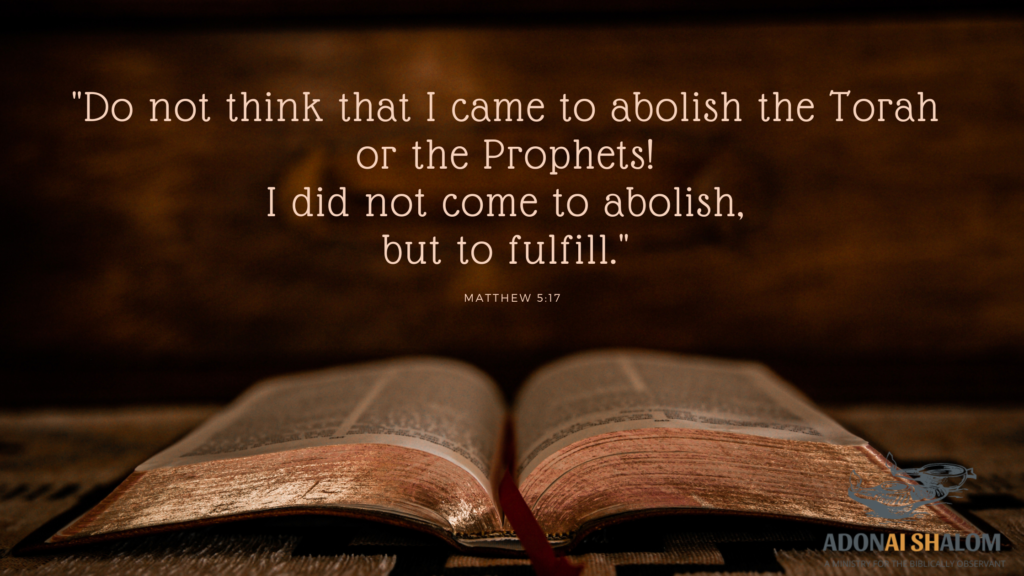
Instructions for Life
I know I have mentioned this before, but for those who may be new to the blog, Torah refers to the first five books found in the Bible, sometimes called the Pentateuch.
In most Christian circles, these books are referred to as the Law.
But the Hebrew word, “Torah” means more than “Law.” In fact, we could say it is softened a bit. Torah is the word for “instruction.” God gave us His instructions to follow.
Ah, but I suppose you are thinking “this is impossible! There is no way we could possibly follow everything written in Torah!”
Right you are, my sister or my brother.
It would be completely impossible for any of us to perfectly keep the commandments in Torah.
But, Messiah told us in the same chapter of Matthew to “be perfect, just as your Father in heaven is perfect.” Matthew 5:48
If we love Him, we are to keep His commandments. (John 14:15). He has done away with the curse related to not keeping the entire law, but living in holiness and following His commandments/instructions for life still matters.
We are to strive for perfection, knowing we will fall short – but His grace and mercy are there to wash over us and make us holy. Our works will NOT save us. We are saved by His grace:
“For by grace you have been saved through faith. And this is not from yourselves—it is the gift of God.” Ephesians 2:8
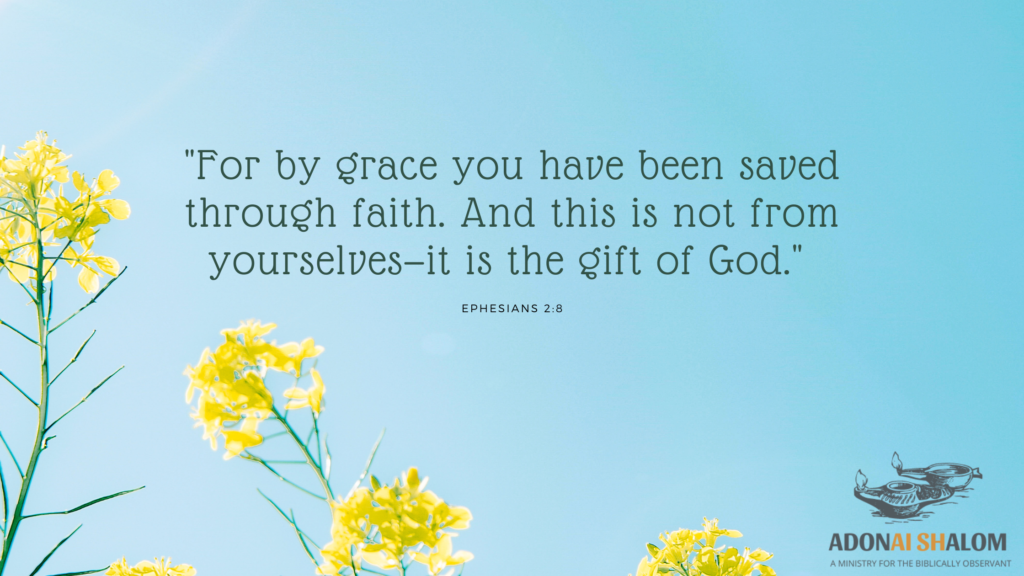
Disregarding Torah often leads to Replacement Theology
Replacement theology is an erroneous doctrine.
This doctrine has taught that the church has superseded Israel and that the Law has been abolished.
The danger with replacement theology is that the Hebrew Scriptures (including Torah) ultimately get neglected and the continuum through time of the history of salvation and grace becomes broken and misunderstood. Disregarding Torah can be devastating – antiSemitism has flourished in places where Torah is criticized. We need only remember the Holocaust – how many Bible-believing Christians in Europe actually contributed to (whether directly or through apathy) the extermination of their Jewish neighbors? If you’re interested in reading more on this topic, check out my article on “Replacing Replacement Theology” here:
Preaching today must move beyond motivational speaking
I read an article just last week from Answers in Genesis that caught my attention because in it, the author suggests that the number one reason millennials are leaving the church is due to their lack of understanding of the Old Testament (Hebrew Scriptures).
Have you noticed that so much preaching today has become reduced to spiritual motivational speaking?
When Scripture is sparingly used, young people hearing the Good News do not get the full picture.
They do not understand the powerful continuity between the prophetic nature of the Hebrew Scriptures and the glorious fulfillment shared with us in the New Testament (Brit Chadashah).
If we ignore Torah, we will lose generations to confusion and disinterest.
Torah gives us a solid and balanced foundation for teaching and preaching from the New Testament!
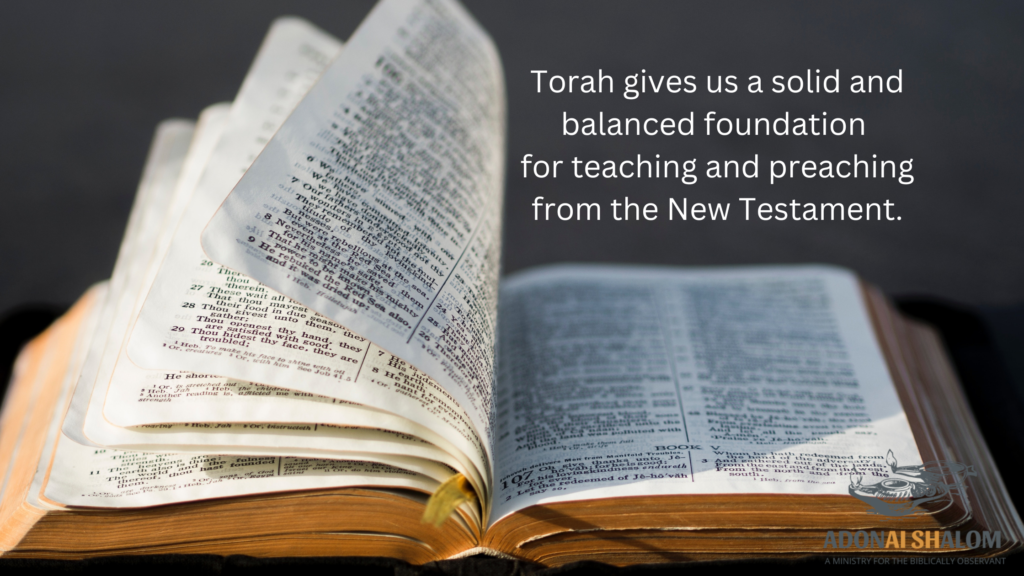
Blessings for Obeying Torah (and the entire Word of God)
D’varim/Deuteronomy 28 assures us that if we “listen obediently to the voice of ADONAI your God, taking care to do all His mitzvot . . .”
He will
- Set you high above all the nations of the earth
- All these blessings will come upon you and overtake you (Deuteronomy 28:1-2)
I hear so many believers quote several of the blessings found in Deuteronomy 28:
Deuteronomy 28:3 “Blessed will you be in the city, and blessed will you be in the field.”
“Blessed will be your basket and your kneading bowl.” Deuteronomy 28:5
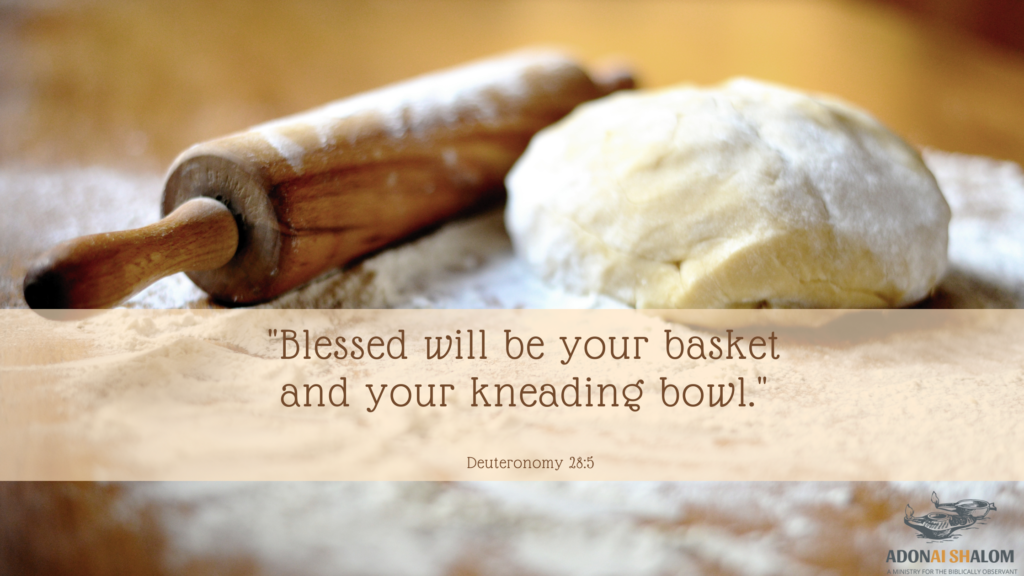
“Blessed will you be when you come in, and blessed will you be when you go out.” Deuteronomy 28:6
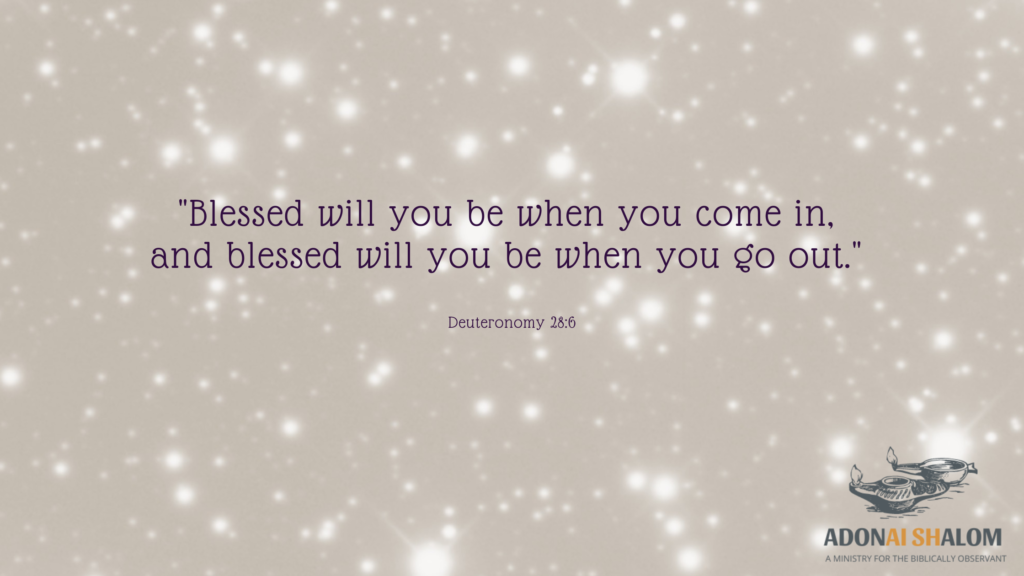
The chapter goes on to say “every undertaking of your hand will be blessed” (Deuteronomy 28:8).
You will “overflow in prosperity . . . ” Deuteronomy 28:11
There is a reason this chapter is so popular!
But as I wrote in a previous article, don’t stop reading D’varim/Deuteronomy 28 at verse 14! The blessings are listed, but we mustn’t stop there!
If we quote these verses, but take them out of the context where they are found (in Torah!), we are misunderstanding these blessings.
What happens if we disregard God’s Word?
This verse is followed by a lengthly list of some very terrifying curses.
The point is reiterated several times in the passage:
We are setting ourselves up for devastation if we refuse to familiarize ourselves with the basic principles found in Torah. The blessings listed above were assured to those who would obey and follow the LORD and His instructions. In like manner, the curses were assured to those who refused to do so. We must acknowledge the seriousness of the issues at stake!
If we determine that Torah is no longer relevant in any way, we are ultimately denying Yeshua (Jesus) as King of Israel! He is One with the LORD, He is God, the God of Israel and we must never deny His divinity and Lordship.
“For ADONAI is our Judge,
ADONAI is our Lawgiver,
ADONAI is our King—
He will save us!” Isaiah 33:22
Yeshua, God’s Son, (Jesus) fulfilled Torah because we fall short. But He did not abolish it. There is so much to learn from Torah . . . from the ways of the LORD. His instructions are given so we will know how to live a righteous lifestyle and live in a manner that pleases Him.
Are we free from the curses as followers of Messiah?
Absolutely.
If we are true followers of Messiah.
Today, there are many who may say, “Lord, Lord . . .” but do they really know Him?
If we have genuinely repented, and if we embrace the entirety of His Word, those curses will not fall upon us. We are free from the curse of the law because our Messiah became a curse for us when He died on the cross for our sins:
Biblical Lifestyle
We are beyond blessed to live in a time when we can connect with other believers so easily and evaluate our posture on positions that the church has taken over the years. More and more followers of Messiah Yeshua (Jesus) are learning about the Biblical lifestyle found in the wholeness of God’s Word and it is an exciting time to be a part of as more and more people take Scripture more seriously!
We are nearing the New Year (Yom Teruah/Rosh Hashanah) and I pray that you will dedicate time, effort, and most importantly prayer, as you more closely walk with the Messiah of Israel!